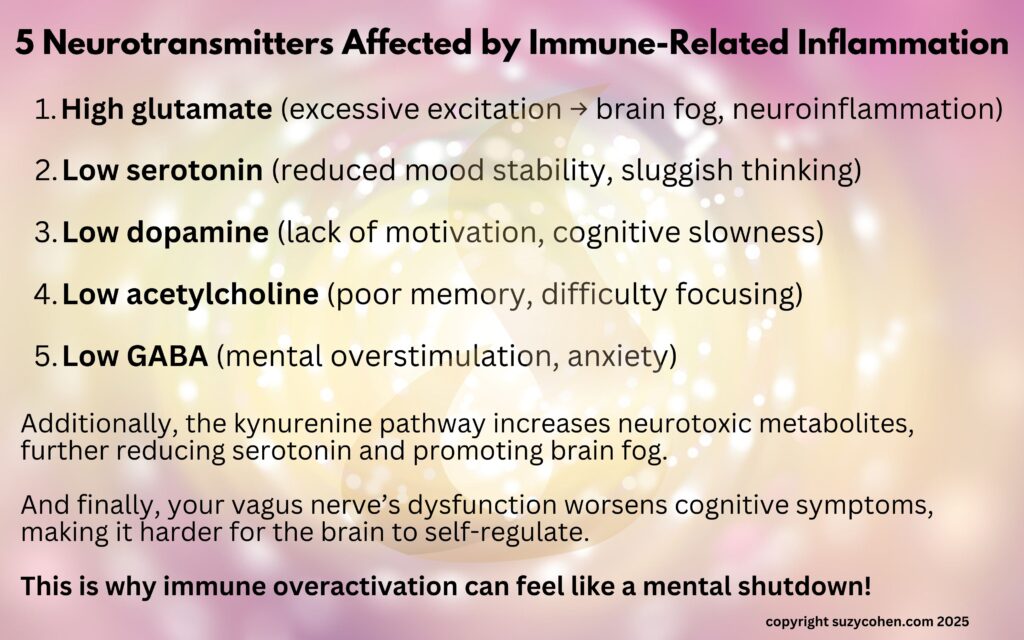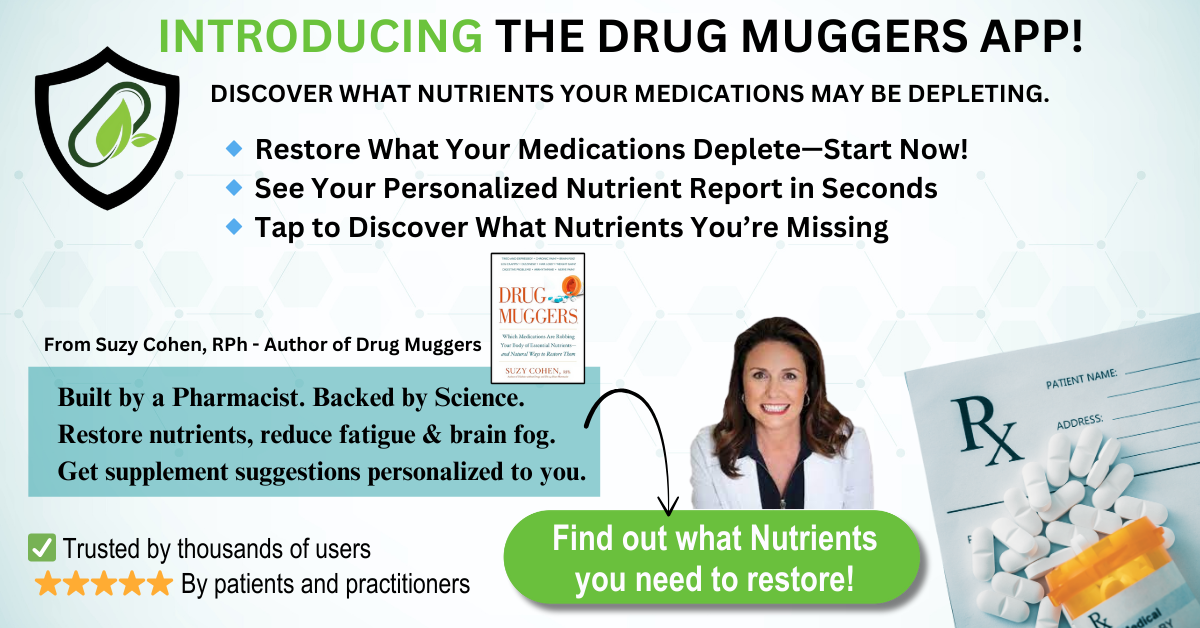What's On This Page?
ToggleFor decades, acetaminophen (also known as paracetamol, sold under the brand name Tylenol® in the U.S.) has been considered safe for pain and fever during pregnancy. Unlike ibuprofen or aspirin, it doesn’t thin the blood or irritate the stomach.
But recent observational studies have raised concerns about frequent use in pregnancy and possible effects on children later in life, such as ADHD or autism. These are associations, not proof, but they’ve left many moms-to-be wondering: If not Tylenol, then what?
First, know that fever itself can be harmful during pregnancy. A high fever in the first trimester has been linked to neural tube defects, heart problems, and even miscarriage, while later in pregnancy it may increase the risk of preterm labor. That’s why high fevers need attention.
That said, it’s wise to be cautious with medications – they can carry side effects, and pregnancy adds another layer of concern. Whenever possible, start with safe, natural measures. For example, if you twist your ankle, you might try the RICE method (rest, ice, compression, elevation) before reaching for medications with side effects.
Already, the Food & Drug Administration has begun the process to to initiate a “safety” label change and notified physicians of a possible link between their drug and autism as well as ADHD. Here is the FDA’s PRESS RELEASE regarding that. Their reasoning is based upon several negative studies including THIS and also THIS ONE
7 Simple Remedies to Try Before Acetaminophen
1. Stay hydrated. Sip water, coconut water, broth, or an electrolyte drink to replace fluids lost through fever and sweating.
2. Cool down gently. Try a lukewarm compress on the forehead or neck, or a short lukewarm bath. Avoid ice-cold water, which can trigger shivering and actually raise your core temperature.
3. Light clothing and rest. Wear breathable fabrics and keep bedding light so your body can release heat through sweating. Pair this with plenty of rest to give your immune system the energy it needs to heal.
4. Ginger tea. Warm ginger tea provides gingerols and activates “zingerone” which helps with nausea, and mildly reduces fever. Here are 4 Medical Reasons to Eat More Ginger.
5. Chamomile tea. Studies in mice have shown that chamomile can reduce fever, improve sleep, and ease inflammation. You might be interested in this blog I wrote: 3 Reasons Chamomile Helps Arthritis, Blood Thinning and Oral Pain.
6. Peppermint tea. It is used to relieve morning sickness sometimes, so one cup a day might be soothing and cooling if you have a fever.
7. Elderberry tea (Sambucus nigra). Traditionally used for immune support, elderberry tea may help the body fight viral infections and gently ease fever. It’s sold in most grocery stores.
Drug Mugger Effect of Acetaminophen (Tylenol)
Extracted from drugmuggers.com:
Acetaminophen (Tylenol) – What You Need to Know
Nutrient Depletions: Glutathione, Vitamin C, Selenium, Tryptophan, Catalase
Clinical Insight:
Acetaminophen (commonly known as Tylenol) is one of the most widely used pain relievers, but many people don’t realize it can quietly drain the body of important antioxidants and nutrients. The liver relies on glutathione to process and detoxify acetaminophen, and frequent use lowers this critical antioxidant. Over time, that can translate to more oxidative stress, especially if the medication is used at high doses or on a regular basis.
It doesn’t stop there, your body may also see a drop in vitamin C and selenium, two additional antioxidants that help keep oxidative stress under control. This is why people who take acetaminophen chronically may feel more run-down or notice slower recovery when they’re sick.
Because BOTH alcohol and Tylenol drain glutathione, your liver’s main antioxidant defense, combining the two accelerates depletion and magnifies the risk of toxicity.
Another concern is the way acetaminophen interacts with tryptophan, an amino acid normally used to make serotonin and melatonin. When oxidative stress rises or glutathione is depleted, tryptophan gets shunted down a different pathway (the kynurenine pathway), which can reduce serotonin (mood support) and melatonin (sleep regulation). That’s one reason some people notice changes in mood or sleep quality with frequent use.
When acetaminophen depletes glutathione and pushes tryptophan down the kynurenine pathway, it can disrupt brain chemistry — affecting key neurotransmitters like serotonin, dopamine, and GABA — which helps explain why frequent use may leave some people feeling moody, foggy, or anxious.

The good news? Short-term use of acetaminophen (a few days to under two weeks in a normal dosage) usually doesn’t cause major nutrient issues for most people. The problems show up with longer use, higher doses, or in individuals who are already under oxidative stress.
While acetaminophen doesn’t directly deplete the enzyme catalase, supporting catalase activity is important. Catalase helps neutralize excess hydrogen peroxide in the liver, easing some of the oxidative burden. Eating a nutrient-rich diet or supplementing under guidance may help buffer these effects.
Bottom line: It’s wise to be aware of the hidden nutrient drain. If you rely on it regularly, consider supporting your body with antioxidants like vitamin C, selenium, and glutathione precursors.
Acetaminophen should be used only when truly needed, since it depletes your liver’s main antioxidant, glutathione. In the brain, glutathione protects neurons from oxidative stress, and low levels have been linked to brain fog, poor focus, and even conditions such as ADHD, Parkinson’s, and depression. If you must take it regularly (for arthritis, for example), consider NAC (N-acetylcysteine) to offset its “drug mugger” effect. To look up your own medicine, visit drugmuggers.com.
What to Avoid
Pregnant women should avoid certain herbs and medications because of their potential to trigger miscarriage, premature labor, or harm to the developing baby. For example, willow bark acts like natural aspirin and can thin the blood, increasing bleeding risk. Blue or black cohosh and pennyroyal are known uterine stimulants that may provoke contractions or pregnancy loss. Similarly, concentrated essential oils such as oregano, clove, rosemary, and sage should not be ingested or used in medicinal doses—they are far more potent than the small amounts used in cooking, which are safe.
When it comes to over-the-counter medicines, NSAIDs (non-steroidal anti-inflammatory drugs) such as ibuprofen (Advil, Motrin), naproxen (Aleve), and aspirin should generally be avoided. These drugs can interfere with the baby’s circulation, reduce amniotic fluid, and increase the risk of complications—especially during the third trimester, when they are strongly discouraged.

Tylenol vs. Alcohol: A Dangerous Mix!
Most people know that alcohol taxes the liver, but so does acetaminophen. What many don’t realize is that both substances rely on the same detoxification pathways in the liver. When taken together, alcohol and acetaminophen essentially compete for processing.
This matters because the liver can only handle so much at once. If you drink alcohol and take acetaminophen/paracetamol/Tylenol® (even at the recommended dosage) more of the drug is shunted into a toxic metabolic pathway that produces NAPQI, a byproduct that damages liver cells. Normally, the body neutralizes NAPQI with glutathione, but heavy drinking (or chronic Tylenol use) can deplete glutathione, leaving the liver defenseless.
The result? A much higher risk of liver toxicity even when you think you’re “within the safe range.” That’s why doctors caution against mixing alcohol with acetaminophen at all.
Recognizing Overdose Symptoms
Acetaminophen overdose is one of the most common causes of acute liver failure in the United States, and part of the danger is that symptoms don’t always appear right away.
Early signs may include:
-
Nausea or vomiting
-
Loss of appetite
-
Fatigue or unusual sleepiness
-
Abdominal discomfort, especially on the right side (where the liver sits)
The tricky part is that these early symptoms can mimic a stomach bug or flu, so many people ignore them. But behind the scenes, liver damage may already be progressing. By the time yellowing of the skin or eyes (jaundice), dark urine, or severe abdominal pain show up, the liver injury can be advanced.
This “silent window” is why acetaminophen overdose is so dangerous, like… and this is the big problem… you may feel fine until it’s too late. If overdose is ever suspected, it’s crucial to seek medical help immediately, as early treatment with N-acetylcysteine (NAC) can often prevent permanent damage. As you already know, NAC is a dietary supplement taken by mouth (I even put some in my Immune Script® because it helps thin mucus and phlegm and supports lung health*), but the kind of NAC (Mucomyst®) used in emergency situations is usually given IV if the patient is unconscious.

Suzy Cohen, has been a licensed pharmacist for over 30 years and believes the best approach to chronic illness is a combination of natural medicine and conventional. She founded her own dietary supplement company specializing in custom-formulas, some of which have patents. With a special focus on functional medicine, thyroid health and drug nutrient depletion, Suzy is the author of several related books including Thyroid Healthy, Drug Muggers, Diabetes Without Drugs, and a nationally syndicated column.


